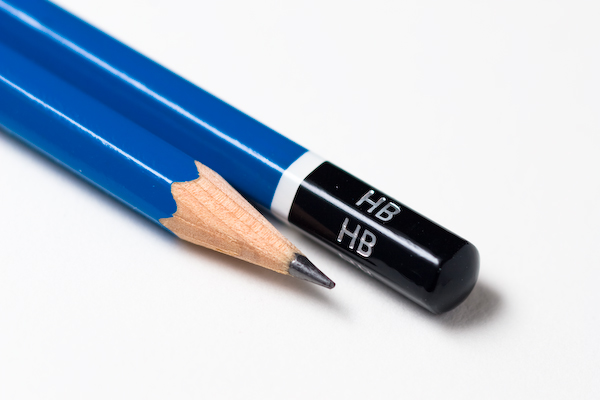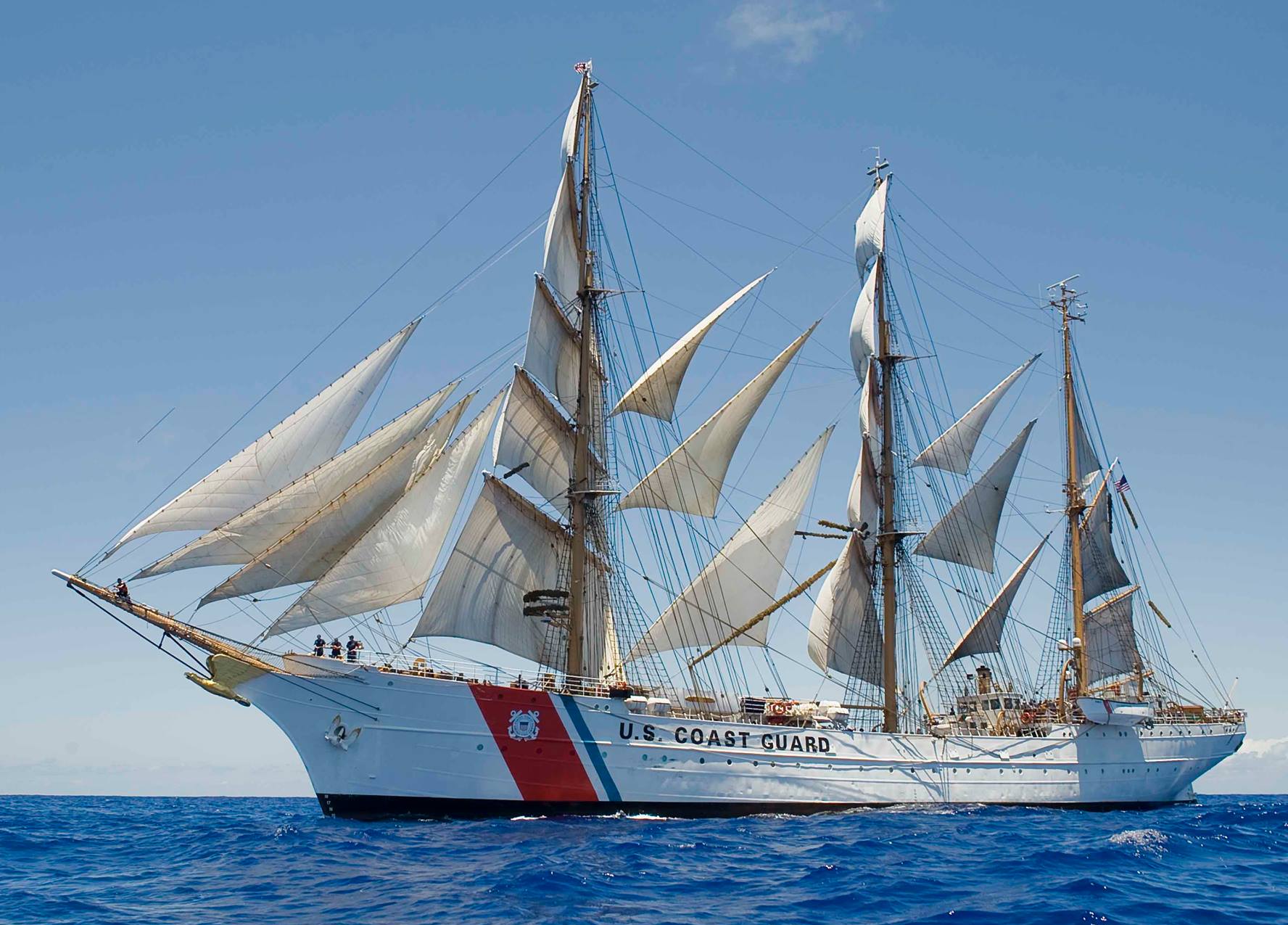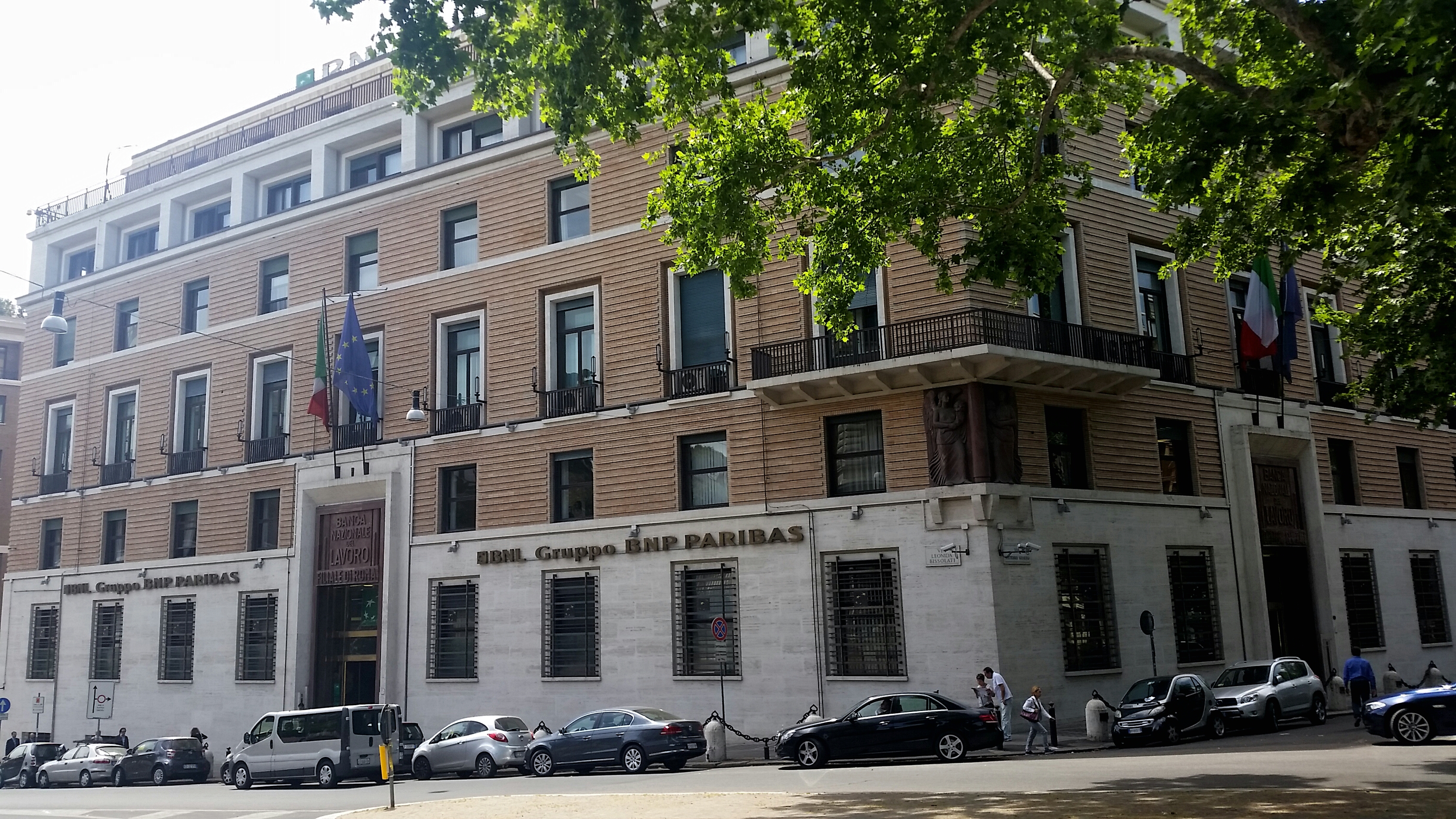|
Oil-for-food Programme
The Oil-for-Food Programme (OIP) was established by the United Nations in 1995 (under UN Security Council Resolution 986) to allow Iraq to sell oil on the world market in exchange for food, medicine, and other humanitarian needs for ordinary Iraqi citizens without allowing Iraq to boost its military capabilities. The programme was introduced by United States President Bill Clinton's administration in 1995, as a response to arguments that ordinary Iraqi citizens were inordinately affected by the international economic sanctions aimed at the demilitarisation of Saddam Hussein's Iraq, imposed in the wake of the first Gulf War. The sanctions were discontinued on 21 November 2003 after the U.S. invasion of Iraq, and the humanitarian functions turned over to the Coalition Provisional Authority. The programme was ''de facto'' terminated in 2003 and ''de jure'' terminated in 2010. Although the sanctions were effective, there were revelations of widespread corruption in the programm ... [...More Info...] [...Related Items...] OR: [Wikipedia] [Google] [Baidu] |
Benon Sevan
Benon Vahe Sevan (born December 18, 1937 Nicosia, Cyprus) was the head of the United Nations' Oil-for-Food Programme, established in 1996 and charged with preventing Iraq's government from using the proceeds from oil exports for anything but food, medicine and other items to benefit the civilian population. Biography Born into an Armenian-Cypriot family in Cyprus, Sevan was educated at the prestigious Melkonian Educational Institute in Nicosia. He obtained a BA in History and Philosophy at Columbia College, New York City, and a further degree from the School of International and Public Affairs at Columbia University. He joined the United Nations in 1965 and worked, among other places, for a U.N.-administered plebiscite in West Irian, as well as on issues related to prisoners of war in the Iran-Iraq conflict. From 1982 to March 1988, Sevan was Secretary of the United Nations Economic and Social Council (ECOSOC). In April 1988, he was appointed director and senior political a ... [...More Info...] [...Related Items...] OR: [Wikipedia] [Google] [Baidu] |
United Nations Security Council Resolution 706
United Nations Security Council resolution 706 decided on a mechanism to allow Iraq to sell oil in return for humanitarian aid from Member States. The council, acting under Chapter VII, adopted the resolution on 15 August 1991, after recalling resolutions 661 (1990), 686 (1991), 687 (1991), 688 (1991), 692 (1991), 699 (1991) and 705 (1991). The provisions of Resolution 706 functioned in a way similar to that which was later implemented in the Oil-for-Food Programme under Resolution 986 in 1995. The resolution, co-sponsored by the United States, determined that Iraq could sell up to US$1.6 billion, following approval of each sale by the Security Council Committee established in Resolution 661 (1990). It also decided that part of proceeds from the sale of the oil would be used for payments to the United Nations Compensation Commission to help compensate Kuwait after the Iraqi invasion. The council went on to request the Secretary-General, in consultation with the Internat ... [...More Info...] [...Related Items...] OR: [Wikipedia] [Google] [Baidu] |
Multi-National Force – Iraq
The Multi-National Force – Iraq (MNF–I), often referred to as the Coalition forces, was a U.S.-led military command during the Iraq War from 2004 to 2009. The vast majority of MNF-I was made up of United States Army forces. However it also supervised British, Australian, Polish, Spanish, and other countries' forces. It replaced the previous force, Combined Joint Task Force 7, on 15 May 2004. It was significantly reinforced during the Iraq War troop surge of 2007. MNF-I was reorganized into its successor, United States Forces – Iraq, on 1 January 2010. The United Nations Assistance Mission for Iraq, which does humanitarian work and has a number of guards and military observers, has also operated in Iraq since 2003. The U.N. Assistance Mission in Iraq was not a part of the MNF-I, but a separate entity. The NATO Training Mission – Iraq, was in Iraq from 2004 to December 2011, where it trained the Iraqi Army and the Iraqi Police. History The MNF-I's objectives, as ... [...More Info...] [...Related Items...] OR: [Wikipedia] [Google] [Baidu] |
James Dobbins (diplomat)
James Francis Dobbins Jr. (May 31, 1942 – July 3, 2023) was an American diplomat who served as United States ambassador to the European Union (1991–1993), assistant secretary of state for European affairs (2001), and special representative for Afghanistan and Pakistan (May 2013–July 2014). He was a member of the American Academy of Diplomacy. Additionally, Dobbins served as envoy to Kosovo, Bosnia, Haiti, and Somalia. In 2001, he led negotiations leading to the Bonn Agreement, and served as acting ambassador of the United States to Afghanistan during the transitional period. He was later head of international and security policy for the RAND Corporation. Education Dobbins graduated with a BS in international affairs from the School of Foreign Service at Georgetown University. Death Dobbins died from complications of Parkinson's disease Parkinson's disease (PD), or simply Parkinson's, is a neurodegenerative disease primarily of the central nervous system, affectin ... [...More Info...] [...Related Items...] OR: [Wikipedia] [Google] [Baidu] |
United Nations Special Commission On Iraq
United Nations Special Commission (UNSCOM) was an inspection regime created by the United Nations to ensure Iraq's compliance with policies concerning Iraqi production and use of weapons of mass destruction after the Gulf War. Between 1991 and 1997 its director was Rolf Ekéus; from 1997 to 1999 its director was Richard Butler. Summary United Nations Special Commission (UNSCOM) was an inspection regime created with the adoption of United Nations Security Council Resolution 687 in April 1991 to oversee Iraq's compliance with the destruction of Iraqi chemical, biological, and missile weapons facilities and to cooperate with the International Atomic Energy Agency's efforts to eliminate nuclear weapon facilities all in the aftermath of the Gulf War. The UNSCOM inspection regime was packaged with several other UN Security Council requirements, namely, that Iraq's ruling regime formally recognize Kuwait as an independent state and pay out war reparations for the destruction inflicted ... [...More Info...] [...Related Items...] OR: [Wikipedia] [Google] [Baidu] |
Medicine
Medicine is the science and Praxis (process), practice of caring for patients, managing the Medical diagnosis, diagnosis, prognosis, Preventive medicine, prevention, therapy, treatment, Palliative care, palliation of their injury or disease, and Health promotion, promoting their health. Medicine encompasses a variety of health care practices evolved to maintain and restore health by the prevention (medical), prevention and treatment of illness. Contemporary medicine applies biomedical sciences, biomedical research, medical genetics, genetics, and medical technology to diagnosis (medical), diagnose, treat, and prevent injury and disease, typically through pharmaceuticals or surgery, but also through therapies as diverse as psychotherapy, splint (medicine), external splints and traction, medical devices, biologic medical product, biologics, and Radiation (medicine), ionizing radiation, amongst others. Medicine has been practiced since Prehistoric medicine, prehistoric times, and ... [...More Info...] [...Related Items...] OR: [Wikipedia] [Google] [Baidu] |
Humanitarianism
Humanitarianism is an ideology centered on the value of human life, whereby humans practice benevolent treatment and provide assistance to other humans to reduce suffering and improve the conditions of humanity for moral, altruistic, and emotional reasons. One aspect involves voluntary emergency aid overlapping with human rights advocacy, actions taken by governments, development assistance, and domestic philanthropy. Other critical issues include correlation with religious beliefs, motivation of aid between altruism, market affinity, social control imperialism and neo-colonialism, gender and class relations, and humanitarian agencies. A practitioner is known as a humanitarian. While humanitarianism on a local and national level can be traced far back in history, scholars of international politics tend to identify the advent of global humanitarian impulses to the 19th century. The creation of the International Red Cross in 1863 is considered a key juncture in global humanit ... [...More Info...] [...Related Items...] OR: [Wikipedia] [Google] [Baidu] |
Folic Acid
Folate, also known as vitamin B9 and folacin, is one of the B vitamins. Manufactured folic acid, which is converted into folate by the body, is used as a dietary supplement and in food fortification as it is more stable during processing and storage. Folate is required for the body to make DNA and RNA and metabolise amino acids necessary for cell division and maturation of blood cells. As the human body cannot make folate, it is required in the diet, making it an Nutrient#Essential nutrients, essential nutrient. It occurs naturally in many foods. The recommended adult daily intake of folate in the U.S. is 400 micrograms from foods or dietary supplements. Folate in the form of folic acid is used to treat anemia caused by folic acid deficiency, folate deficiency. Folic acid is also used as a supplement by women during pregnancy to reduce the risk of neural tube defects (NTDs) in the baby. NTDs include anencephaly and spina bifida, among other defects. Low levels in early pregna ... [...More Info...] [...Related Items...] OR: [Wikipedia] [Google] [Baidu] |
Pencil
A pencil () is a writing or drawing implement with a solid pigment core in a protective casing that reduces the risk of core breakage and keeps it from marking the user's hand. Pencils create marks by physical abrasion, leaving a trail of solid core material that adheres to a sheet of paper or other surface. They are distinct from pens, which dispense liquid or gel ink onto the marked surface. Most pencil cores are made of graphite powder mixed with a clay binder. Graphite pencils (traditionally known as "lead pencils") produce grey or black marks that are easily erased, but otherwise resistant to moisture, most solvents, ultraviolet radiation and natural aging. Other types of pencil cores, such as those of charcoal, are mainly used for drawing and sketching. Coloured pencils are sometimes used by teachers or editors to correct submitted texts, but are typically regarded as art supplies, especially those with cores made from wax-based binders that tend to smear whe ... [...More Info...] [...Related Items...] OR: [Wikipedia] [Google] [Baidu] |
Embargo
Economic sanctions or embargoes are commercial and financial penalties applied by states or institutions against states, groups, or individuals. Economic sanctions are a form of coercion that attempts to get an actor to change its behavior through disruption in economic exchange. Sanctions can be intended to compel (an attempt to change an actor's behavior) or deter (an attempt to stop an actor from certain actions).Haidar, J.I., 2017Sanctions and Exports Deflection: Evidence from Iran" Economic Policy (Oxford University Press), April 2017, Vol. 32(90), pp. 319–355. Sanctions can target an entire country or they can be more narrowly targeted at individuals or groups; this latter form of sanctions are sometimes called "smart sanctions". Prominent forms of economic sanctions include trade barriers, asset freezes, travel bans, arms embargoes, and restrictions on financial transactions. The efficacy of sanctions in achieving intended goals is a subject of debate. Scholars hav ... [...More Info...] [...Related Items...] OR: [Wikipedia] [Google] [Baidu] |
War Reparations
War reparations are compensation payments made after a war by one side to the other. They are intended to cover damage or injury inflicted during a war. War reparations can take the form of hard currency, precious metals, natural resources, industrial assets, or intellectual properties. Loss of territory in a peace settlement is usually considered to be distinct from war reparations. War reparations are often governed by treaties which belligerent parties negotiate as part of a peace settlement. Payment of reparations often occur as part of a condition to remove occupying troops or under the threat of re-occupation. The legal basis for war reparations in modern international law is Article 3 of the Hague Convention of 1907. Prominent examples of war reparations include Carthage's indemnity paid to Rome following the First Punic War, French reparations following the Napoleonic Wars, Haiti's reparations to France following the Haitian War of Independence (1791–1804), Fren ... [...More Info...] [...Related Items...] OR: [Wikipedia] [Google] [Baidu] |
BNP Paribas
BNP Paribas (; sometimes referred to as BNPP or BNP) is a French multinational universal bank and financial services holding company headquartered in Paris. It was founded in 2000 from the merger of two of France's foremost financial institutions, Banque Nationale de Paris (BNP) and Paribas. It also incorporates many other major institutions through successive acquisitions, including Fortis Bank in Belgium, Direkt Anlage Bank in Germany, Banca Nazionale del Lavoro in Italy, Banque Générale du Luxembourg in Luxembourg, and Türk Ekonomi Bankası in Turkey. The group has also been present in the United States through its subsidiaries Bank of the West until 2023 and First Hawaiian Bank until 2019. With 190,000 employees, the bank is organized into three major business areas: Commercial, Personal Banking & Services (CPBS); Investment & Protection Services (IPS); and Corporate & Institutional Banking (CIB). BNP Paribas is listed on Euronext Paris and is a component of th ... [...More Info...] [...Related Items...] OR: [Wikipedia] [Google] [Baidu] |




